Pointing to the Sun and Laughing (On a Stack of Poems)
ジャンル :
上映時間 : 0分
演出 : Anderson Matthew
シノプシス
A short film inspired by the poems of Giulia Bencivenga.
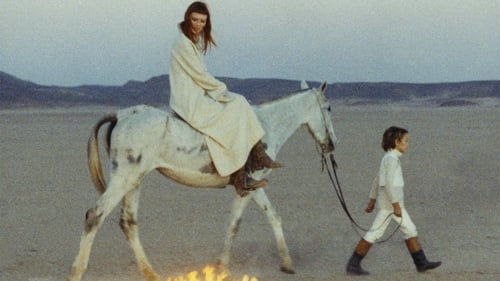
A composition of symbolic, surreal and almost mystic images.

Seemingly at random, the wings and other bits of moths and insects move rapidly across the screen. Most are brown or sepia; up close, we can see patterns within wings, similar to the veins in a leaf. Sometimes the images look like paper cutouts, like Matisse. Green objects occasionally appear. Most wings are translucent. The technique makes them appear to be stuck directly to the film.
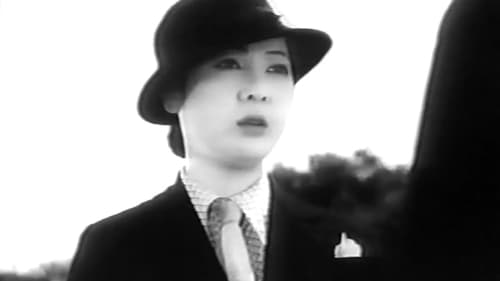
Kimiko, a Tokyo white-collar working girl, lives with her serious, intellectual, haiku-writing mother. Kimiko seeks to marry her boyfriend but needs her absent father to act as the go-between and negotiate the marriage. Kimiko travels and finds her father living with a second family.

A series of poems.
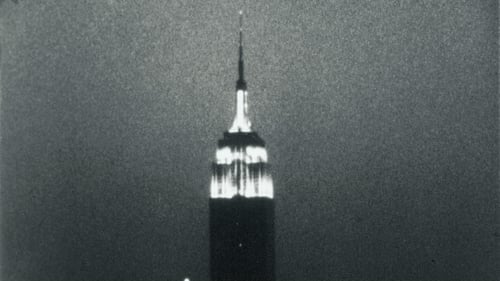
Experimental film consisting of a single static shot of the Empire State Building from early evening until nearly 3 am the next day.

Shalini Saxena lives a wealthy life-style with her brother Rajesh. She attends college and writes a few poems under the name Seema as part time activity, she meets her fellow collegian an orphan called Arun Kumar who sings for important occasions usually following the words of her poem. Shalini loves Arun wholeheartedly but is unable to express her feelings to him and thus she secretly helps Arun to not only become a popular singer but also rich. And then Arun gets married to the college principal daughter Meena; this breaks Shalini's heart and to make matters worse she is diagnosed with throat cancer and does not have any longer to live.

Shaken by a divorce in the 1920s, Portuguese poetess Florbela Espanca uses her writing to deal with her tumultuous relationship with men, eroticism and love.

Ismail Merchant's feature directorial debut addresses a subject close to his heart: the expressive Urdu language of Northern India, in danger of extinction as political trends and modernization obscure its contributions to Indian culture. Merchant 's treatment is wry and good humored , as his characters - an aging Urdu poet (Shashi Kapoor) and a worshipful young college lecturer - clash despite their shared passion for the beauty of words.
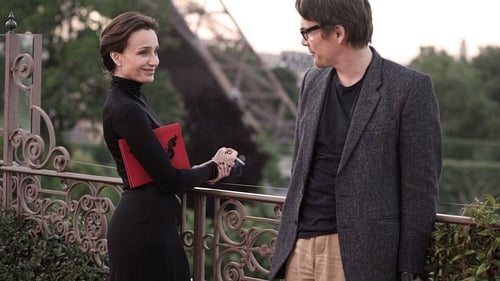
An American writer moves to Paris to be closer to his daughter and finds himself falling immediately on hard times.

This animated short film attempts to answer the eternal questions, What is dying? and How does it feel? Based on recent studies, case histories and some of the ancient myths, the afterlife state is portrayed as an awesome but methodical working-out of all the individual's past experiences. Film without words.

A cellist attempts to rescue a woman swept out to sea, only to find he must battle a series of overly possesive sea creatures.

Via the New York Times: "...a severely obscure meditation on pre-revolutionary Russia in the form of an encounter between a ghost from the past and the ghost's present-day guardian. In fact, the two characters seem to be the shade of Anton Chekhov and the young man who tends a Chekhov museum in the Crimea, though that is never made explicit."

メキシコ国境付近の町で弁護士をしている通称カウンセラーは、恋人ローラとの結婚も決まり人生の絶頂期にあった。彼は実業家のライナーと手を組み、裏社会のブローカー、ウェストリーも交えて新ビジネスに着手する。その仕事は巨額の利益を生むはずが……。

Martin, a nu-jazz trumpet player with a unique style, is fighting against convention and mediocrity. He will not accept any compromise, neither in his music, nor in love. When he gets the feeling that Kristina, the love of his life, only loves him for his musical talents, he is deeply hurt.Disappointed, he bids farewell to both her and his previous life. On the edge of society, he meets an old woman, Hanna, who bequeaths him her pain in the form of poems. Martin is immediately fascinated. Can they guide him back to himself, to Kristina, or to his music?

A struggling writer steals poems written by his mute friend to achieve fame and fortune.

Filmmaker Alan Berliner documents his first cousin, the poet-translator Edwin Honig, as he succumbs to Alzheimer's.

Takashi Makino’s source of inspiration, our place in the world and the universe, never seems to dry up in view of the never-ending flow of immersive films. Generator may well be the earthiest of his films so far, made as a reaction to the Fukushima disaster. A reality check, but in the world that Makino shows, this can never be achieved without looking inwards too.
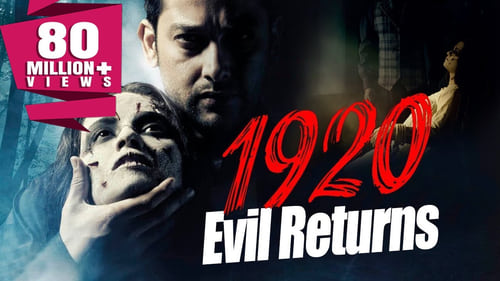
This story revolves around a famous poet who meets a woman who is in trouble. In order to treat her, he takes her to Shimla in a big hospital, but soon that woman gets possessed by devil and goes out of control. Now the question remains that what is the relation that poet shares with her which compelled him to go to any extent to save her, why she was possessed by devil and who is the devil.
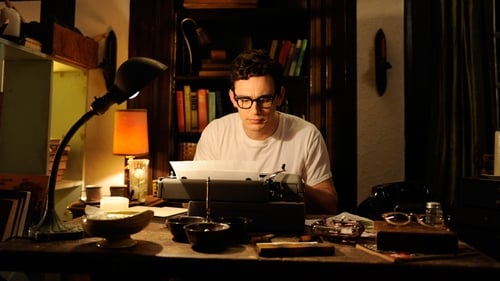
It's San Francisco in 1957, and an American masterpiece is put on trial. Howl, the film, recounts this dark moment using three interwoven threads: the tumultuous life events that led a young Allen Ginsberg to find his true voice as an artist, society's reaction (the obscenity trial), and mind-expanding animation that echoes the startling originality of the poem itself. All three coalesce in a genre-bending hybrid that brilliantly captures a pivotal moment-the birth of a counterculture.















